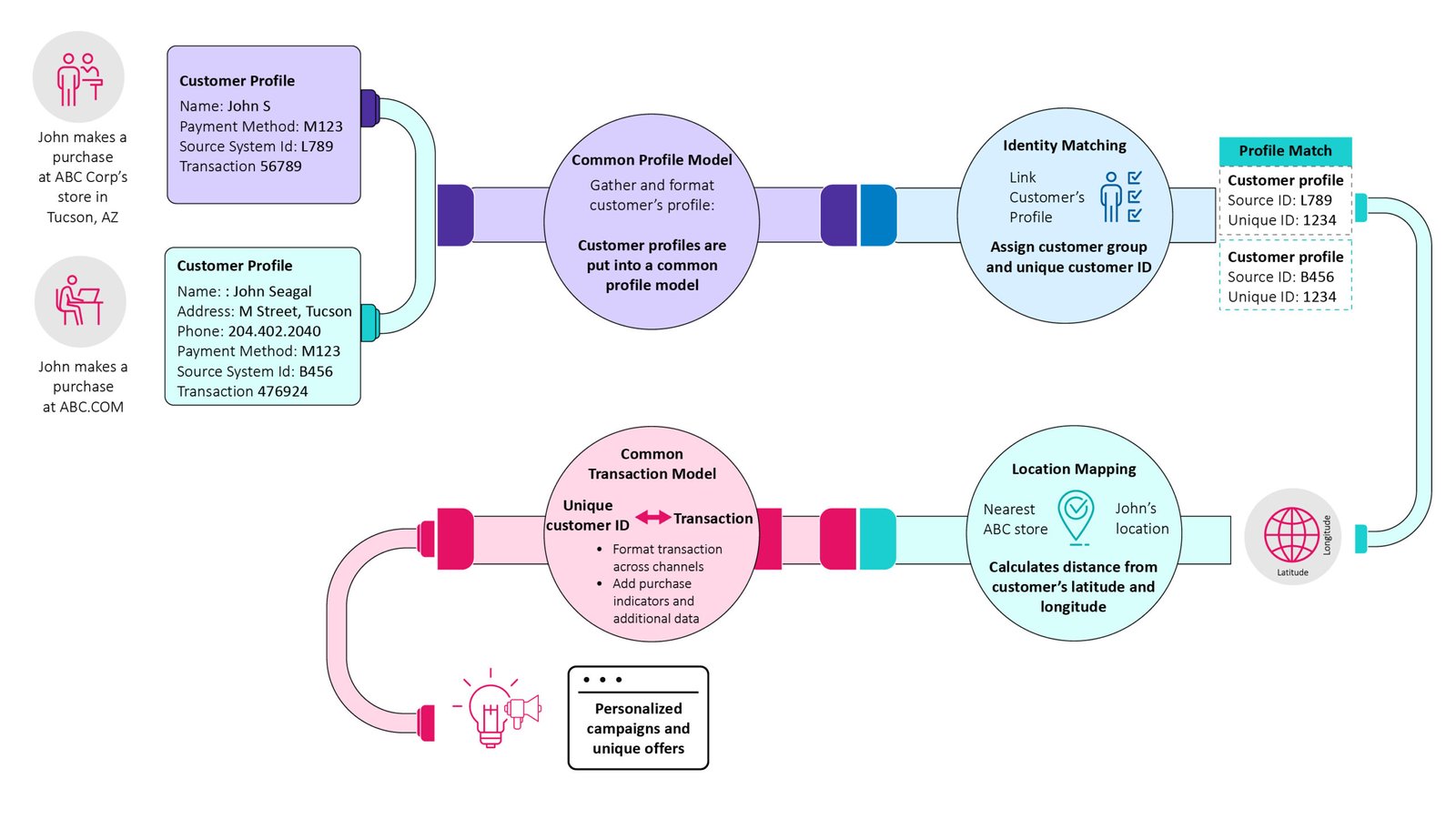The surge in AI adoption has made it clear: no AI initiative can thrive without clean, well-managed, and accessible data. At Trinet Technologies, we see this daily—where 7 out of 10 client conversations around AI strategy come down to one foundational challenge: poor data readiness. As businesses push forward with ambitious AI agendas, the success of these efforts hinges on the health of the data they rely on.
What Does “Data-Ready” Really Mean?
Before deploying AI models, organizations must evaluate three core pillars of data readiness:
- Foundational Capabilities: This includes robust data ingestion pipelines, secure storage, data governance, and accessible catalogs. Without these, AI models lack reliable inputs.
- Data Consumption Capabilities: Organizations need clear use cases, scalable AI/ML platforms, and a strategy for data monetization and insights delivery.
- Organizational Alignment: A successful AI initiative requires more than technology—it needs aligned leadership, clear data roles, and a strong culture of data literacy and responsibility.
- If even one of these areas is weak, launching AI solutions can lead to wasted investments, unreliable insights, or ethical pitfalls.

The Trinet Approach: Build First, Scale Smart
At Trinet Technologies, we take a holistic approach to data readiness. Our proven framework assesses the entire ecosystem—from core infrastructure to AI consumption workflows and team alignment. Through tailored assessments, workshops, and cross-functional dialogues, we help clients uncover blind spots and craft an actionable roadmap to maturity.
These conversations not only align IT and business teams on what “AI readiness” looks like, but also guide prioritized decision-making across departments. With stakeholder input, we create practical plans that balance innovation with governance and speed with control.
“Most AI failures we encounter don’t happen because the algorithms were wrong—they happen because the data wasn’t ready. At Trinet Technologies, we build AI success by fixing the data first.”
From Insight to Implementation: Making AI Work at Scale
Once foundational gaps are addressed, organizations can scale AI initiatives more confidently and sustainably. Business units benefit from faster feedback loops, more accurate model outputs, and reduced cycle times. At the same time, governance teams retain control over ethics, compliance, and model reliability.
AI deployments rooted in strong data practices are far more likely to deliver long-term business value. They avoid the typical pitfalls—like inaccurate predictions or failed pilots—by ensuring every layer of the enterprise is set up to support intelligent decision-making.






